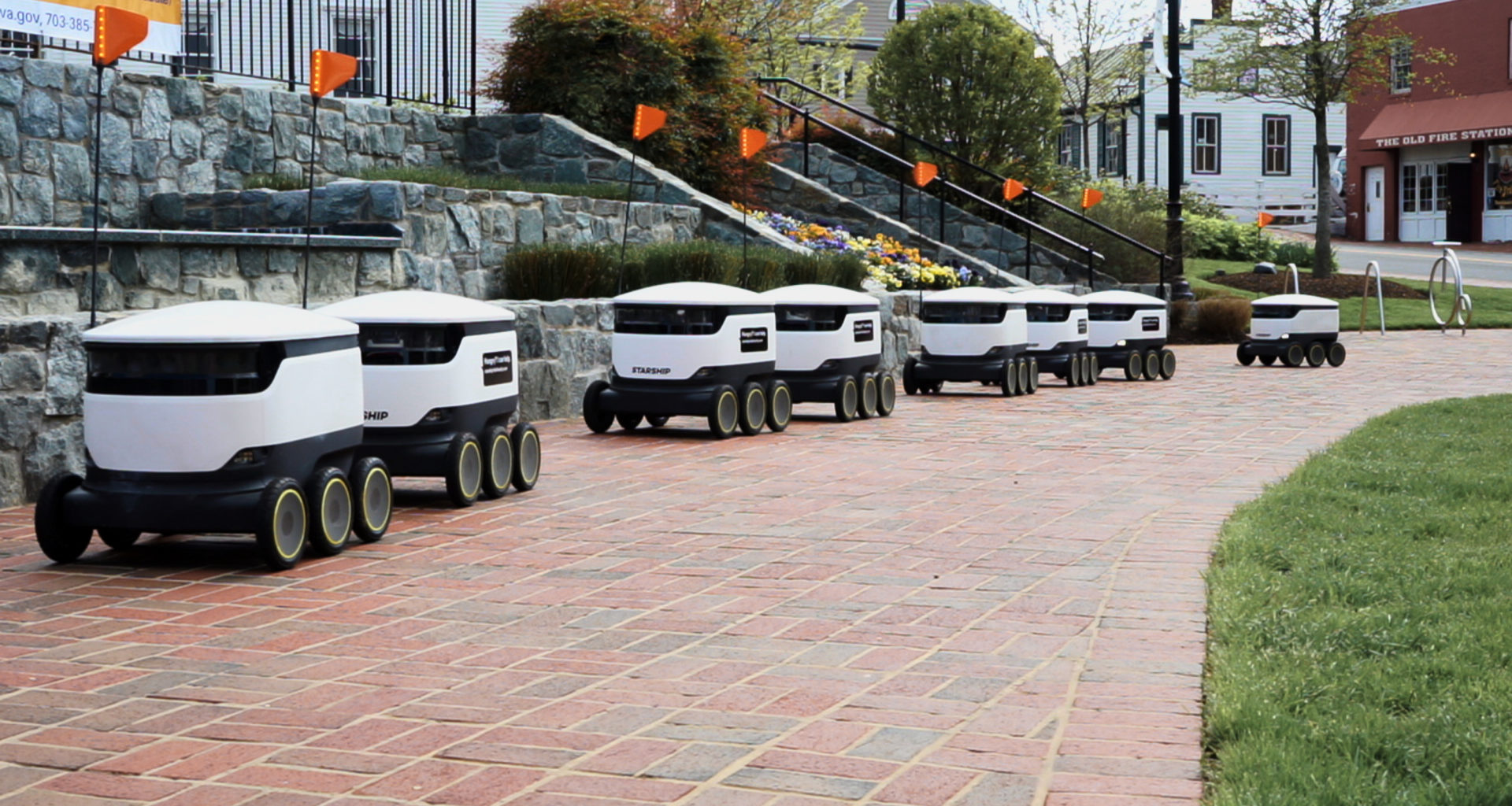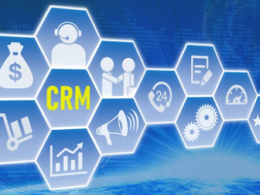The world has steadily started adapting to the useful implications of AI and IoT impacting several industry verticals. However, constant innovation has brought a new emerging branch — Artificial Intelligence of Things (AIoT) — into existence that combines both technologies.
AIoT combines artificial intelligence technology and the infrastructure of the Internet of Things to make IoT operations more efficient. IoT is a system of interconnected sensor devices that collects and processes data. AI, on the other hand, completes certain tasks and improves overall outcome if used in the right context.
The harmonious amalgamation of both technologies is set to disrupt many industries. Before we discuss the effects of AIoT, let’s understand its significance and what the AIoT-powered future would look like.
5 Ways E-Commerce Entrepreneurs Can Make More Data-Driven Decisions
The significance of AIoT in the future
Many of us know the roles artificial intelligence and the Internet of Things play in helping businesses succeed. Devices with the capabilities of both technologies are proactive and smart enough to analyze data and make decisions without the involvement of humans.
Typical IoT devices are connected to cloud computing platforms to process data and provide meaningful insights. However, due to the limited computing power of the cloud platforms, IoT devices passively collect data for processing.
But when AI and machine learning capabilities are blended with IoT, these devices become not only active but more robust, secure and scalable. They can collect an infinite amount of data and process it at lightning speed to make predictions and respond in real time.
Since AI models and algorithms need enough data to perform inference and make predictions, which is not possible on an individual level, IoT devices can meet such these requirements of AI. This will enable the AIoT-powered devices to run effectively in the local environment.
Moreover, it’ll have a lasting impact on business sectors. It’s likely that we will see more advanced AIoT devices being deployed to disrupt and improve the operations of many industries.
Let’s learn how AIoT will impact the operations of the following industries:
1. Retail operations
We have already seen organizations using AI to successfully build a retail business. What an AIoT-enabled setup will do is transform such retail operations into smart environments. An embedded camera system with capabilities to constantly identify customers through facial recognition allows the retail store to accumulate customer info.
These customer intels such as their gender, product preference and others factors can be utilized to accurately predict customer behavior. Such predictions provide retail operations with enough insights to make marketing and product placement decisions to drive up sales.
For instance, if the majority of customers walking into your store belong to Gen Z or millennial demographics, you could come up with personalized ads and in-store specials for them.
Similar to the Amazon Go Store, cameras in a smart retail environment could easily identify shoppers and eliminate the hassle of standing at the checkout queue.
2. Health care
Another important sector AIoT devices have boundless possibilities in is health care. This sector is geared up to collect accurate patient information and process them to gain higher efficiency and reinforce quality care for patients.
From image processing and analysis to early disease detection, accurate cancer diagnosis, new medicine drug discovery and production, all this could be possible through AIoT. Businesses and innovators in the health care industry can streamline the patient experience by leveraging this revolutionary tech.
Health care innovators can develop AIoT-powered platforms and digital nurse avatars to recommend possible treatments. They can even interact with patients, voice transcribe medical information, support medical staff and increase revenue cycle through smart billing.
Moreover, the predictive analysis of AIoT may help doctors make proactive decisions and monitor patient health remotely. Also, AI-enabled IoT devices can alert the right people in cases where urgent attention is needed.
In a nutshell, AIoT will play a crucial part for health care innovators to streamline and improve the critical care systems.
3. IT service management
As we move forward with AI and automation, IT service management is another sector moving in the same direction. Similar to how AI has paved its way into the corporate world, AI-enabled IoT devices will become dominant solutions for IT providers.
This could provide help for IT support teams from web and mobile development companies that don’t have enough resources to personally get involved with each request.
Thus, they utilize AI-enabled IoT devices to handle their IT service needs in a better way. Even web development today is greatly focused on utilizing AI capabilities. This has made it effortless for web development teams to come up with impeccable AIoT solutions for IT service management.
By adopting and implementing such evolving technologies, IT service providers will experience a disruptive change.
4. Delivery and logistics
Since AI is capable of being utilized to plan and predict the demand of logistics and delivery needs, AIoT will enable logistic providers to become more competitive and proactive in their field.
AIoT devices such as autonomous delivery robots can be used for transiting goods from one place to the other. They can effectively deliver orders to customers’ doorsteps in an expected timeline by eliminating the on-road traffic movements.
Delivery robots will have sensors and cameras embedded with them to gather information about their route. They can predict the environment of their traverse area and process many other data in real-time to make moment-to-moment decisions.
This helps them to respond and make deliveries to the right customers through AI capabilities.
5. Fleet and vehicle management
AIoT is going to be inevitable for use cases such as self-driving vehicles and fleet management. Through AI-enabled IoT tools, fleet operators and managers can monitor their fleet vehicles, track maintenance reports, reduce fuel costs, and detect any unsafe conditions or driver behavior.
Moreover, fleet management companies can integrate AIoT tools that often increase fleet efficiency and reduce operational costs. Not only that but the IoT sensors can help fleet businesses to improve the safety and the quality of their service.
The self-driving car is another marvel of AIoT technology business can tap into. As seen in Tesla’s autopilot systems, self-driving cars use radars, sonars, cameras, GPS, and other IoT sensors to collect information about roads and driving conditions. The AI system will then make decisions based on all the data IoT sensors have gathered for it.
Since the future of self-driving vehicles looks bright enough, many other small to large manufacturers pledge to join the bandwagon. All this could only be possible with Artificial Intelligence of Things.
In a succinct, the right implementation of AIoT will ensure businesses can efficiently manage their fleets and vehicles.
Why VR Technology is 2022’s Must-Have Business Tool
Final words
After AI and IoT, AIoT-powered devices will see a massive surge in the near future when it goes mainstream. Such advanced technology can be applied to multiple sectors and subsectors to improve their efficiency and achieve automation.
It’s going to be imperative for large-scale enterprises to utilize this next evolution of AI and IoT. But it’s best that this tech is used alongside humans to increase its efficacy without being overwhelmed.
Overall, this next-gen tech will surely have a tremendous impact to disrupt the above-mentioned and other sectors in the future.






